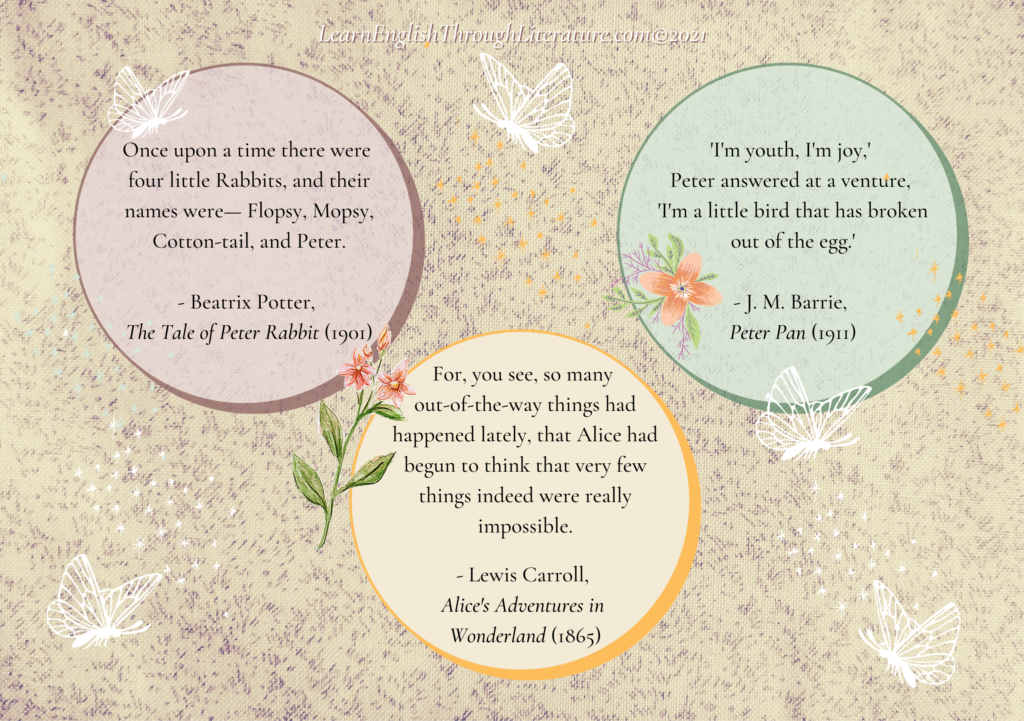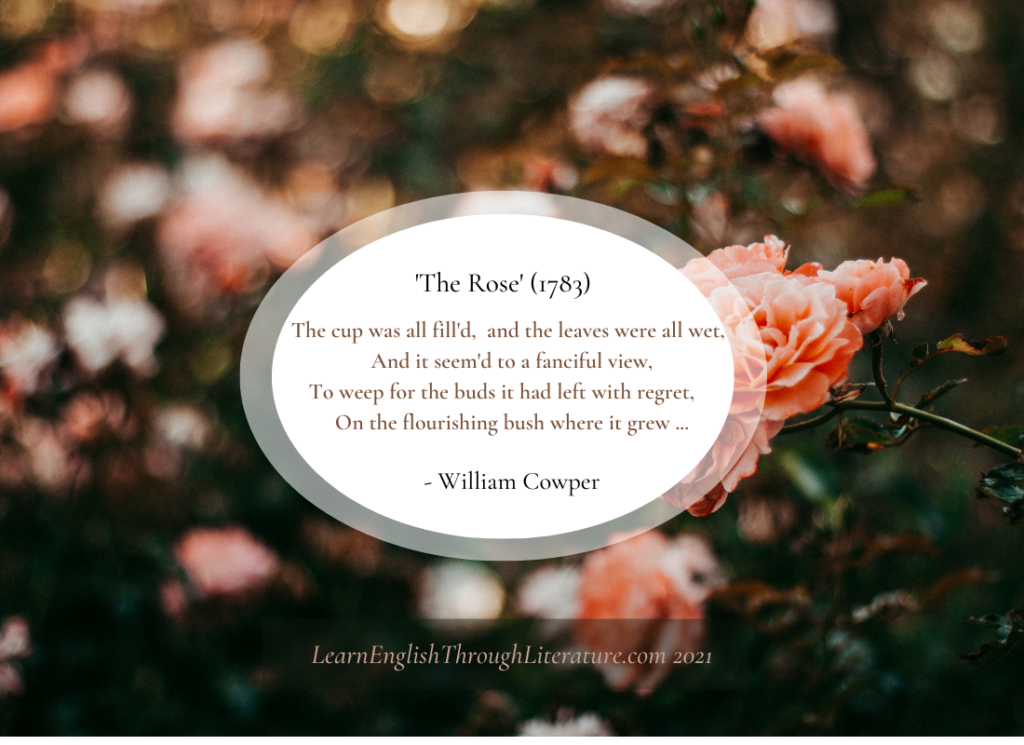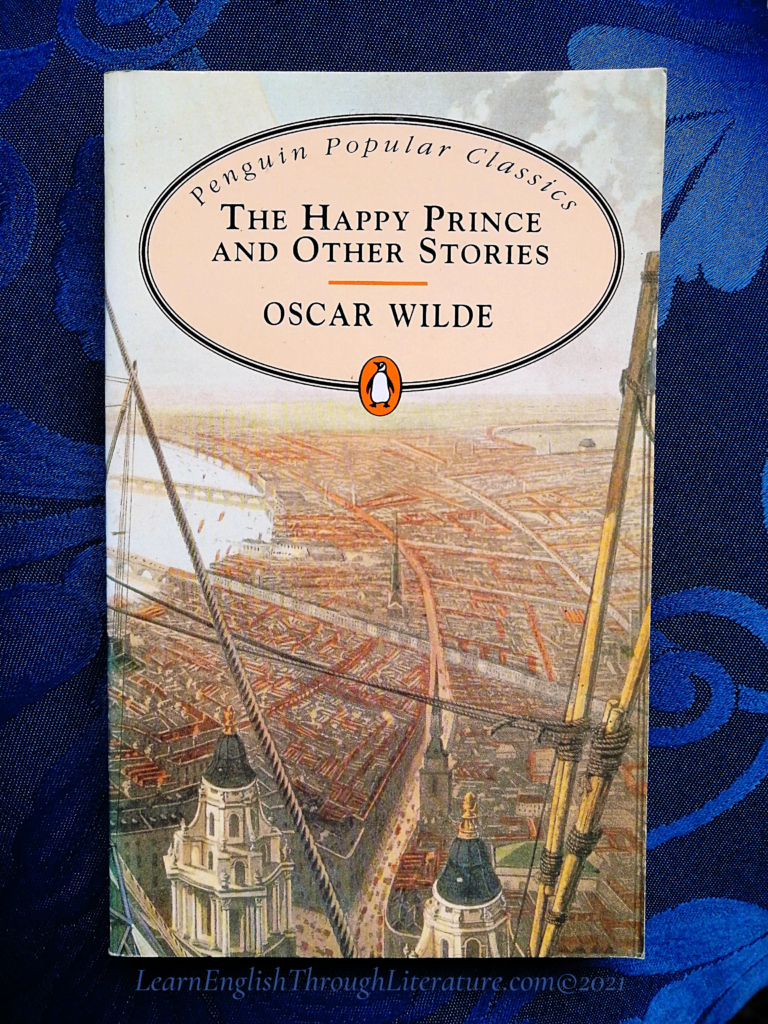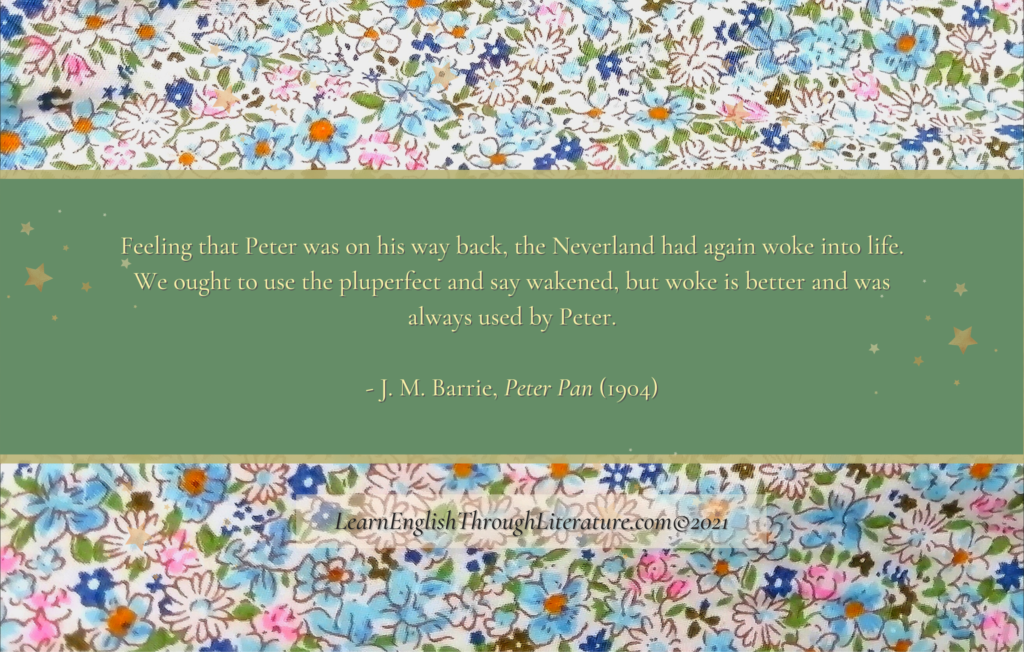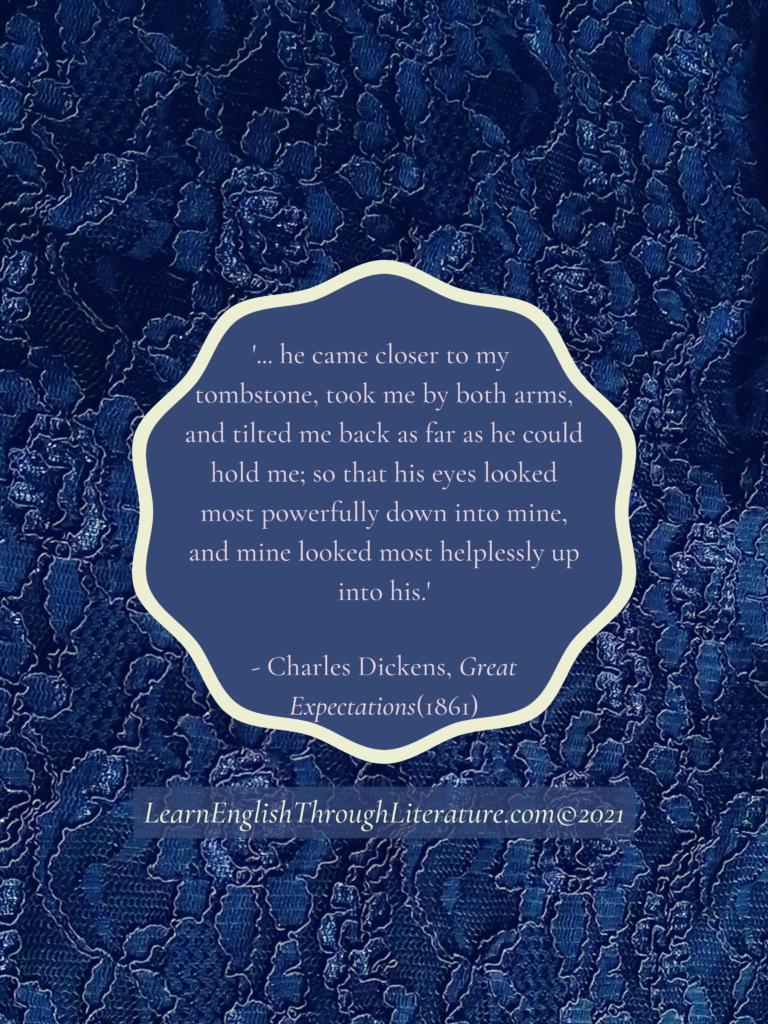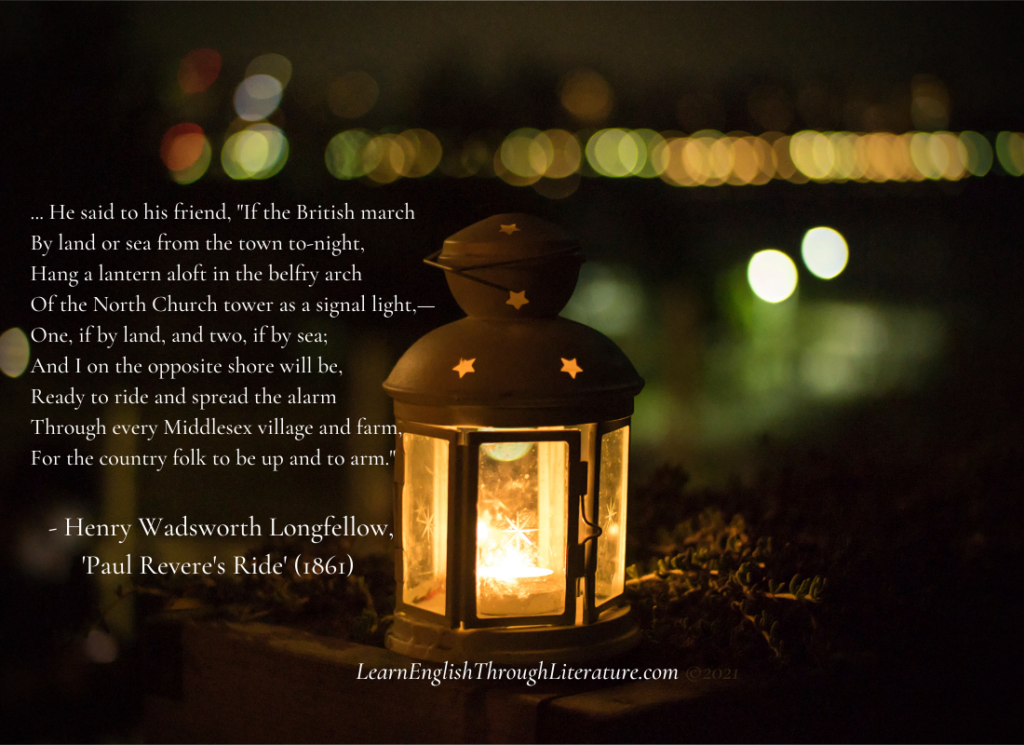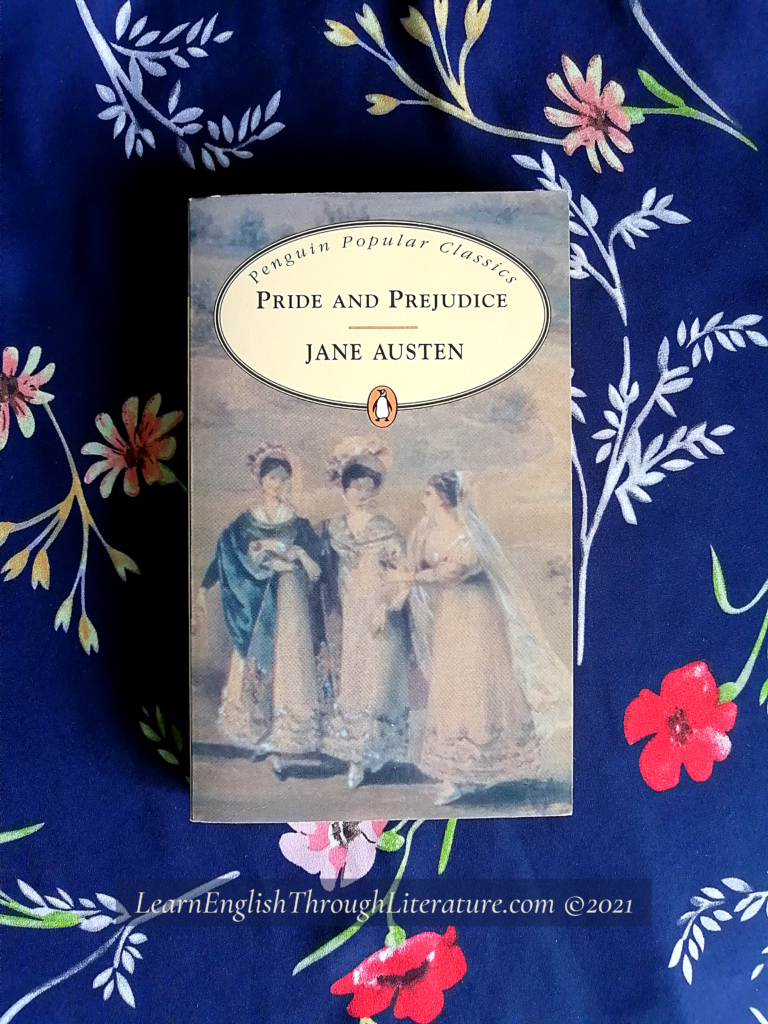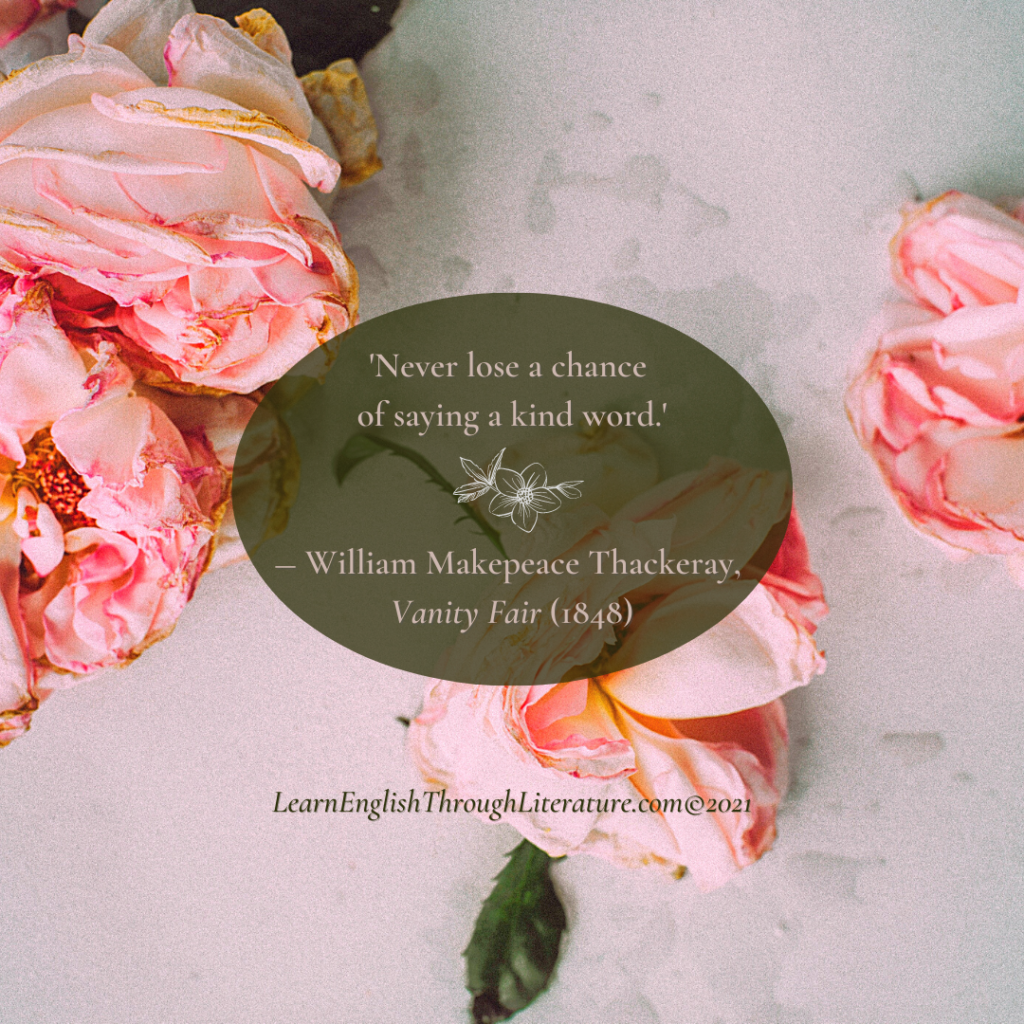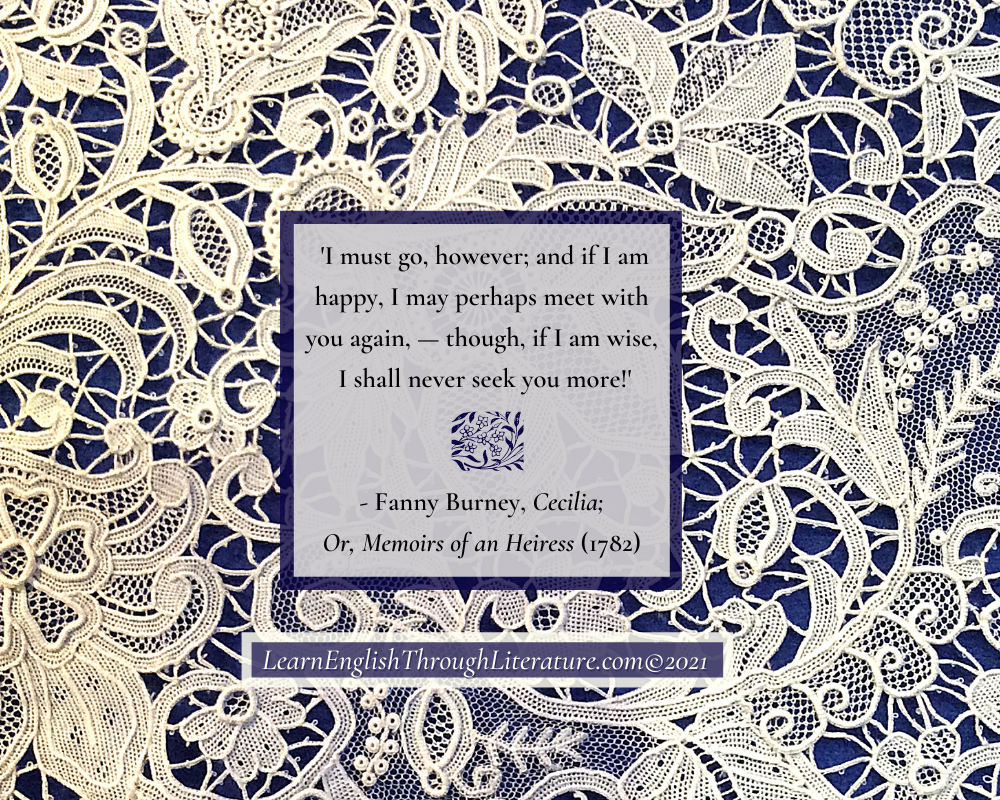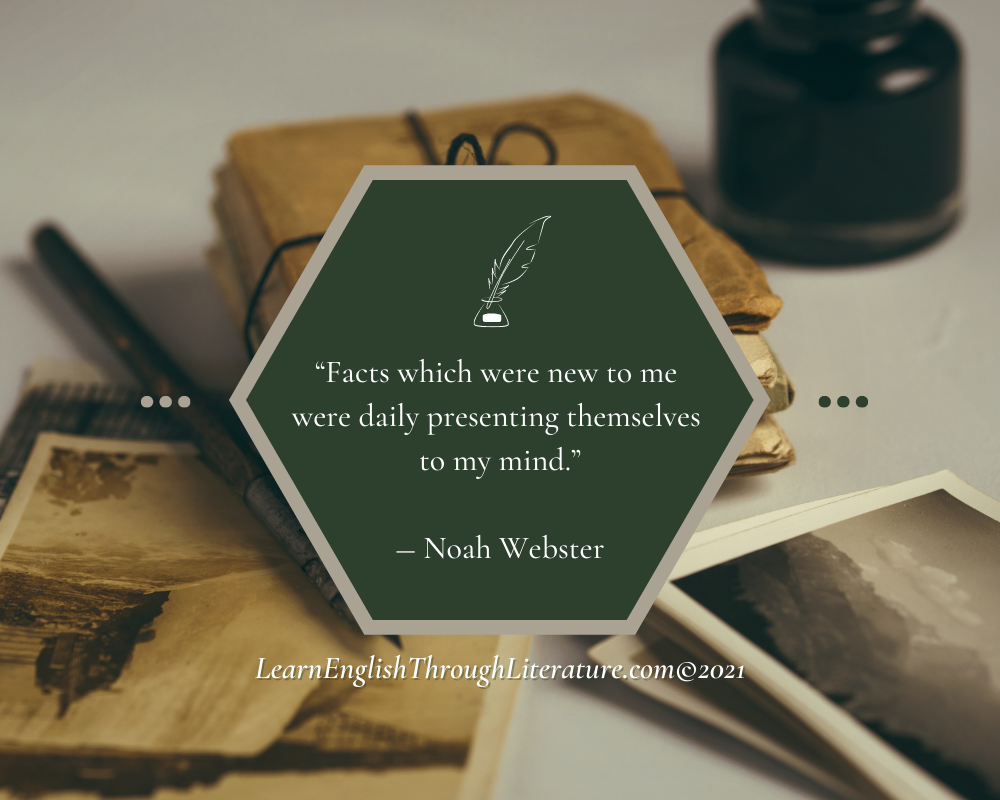Lesson #201: Reading to Improve English Language Skills? 3 Recommended Children’s Classics
📚 One question I am often asked is: ‘which classics are good for English language learners?’ It is one of my favourite questions because it allows me to recommend great books that can be useful and enjoyable for you. 😊 As you can tell from this Lesson’s title, I recommend getting started on children’s classics […]

